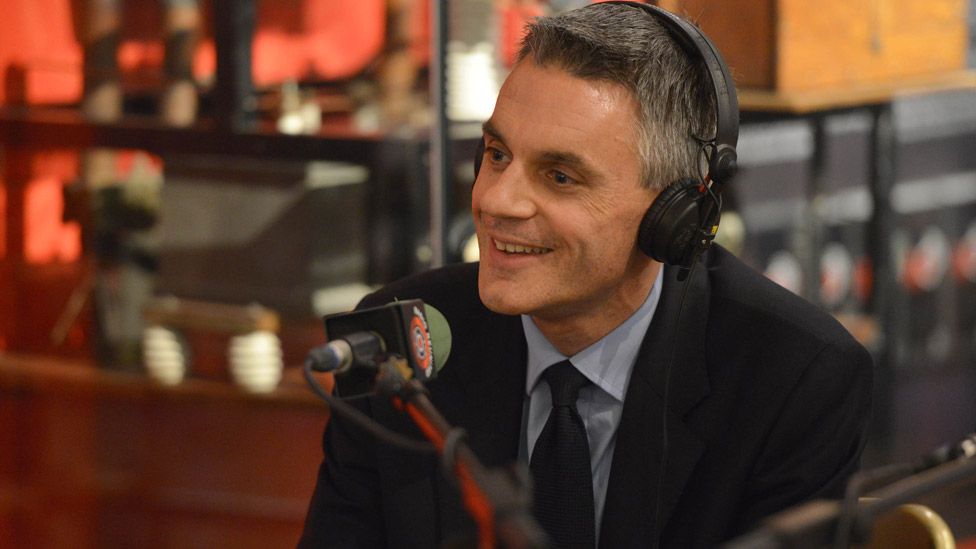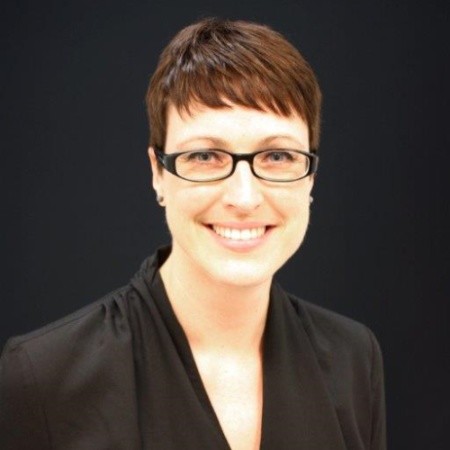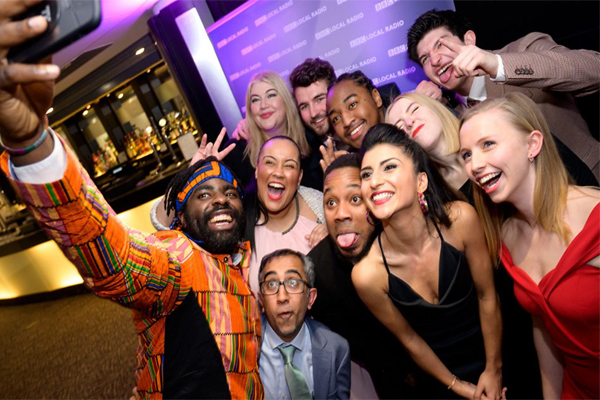The BBC’s Director-General has announced the ‘most ambitious’ diversity and inclusion targets in the media industry to date.
The shake up will require 95% of staff to complete ‘unconscious bias’ training; and meet its 50:20:12 workforce targets in the next three to five years. That’s 50% women; at least 20% Black, Asian or minority ethnic; and at least 12% disabled employees. The corporation is also aiming for 50% of LGBT+ employees to be ‘out’ at work, based on the proportion of people identifying as gay or transgender. Additionally, it wants 80% of its workforce to declare their social class.
The media giant’s latest 2021-23 Diversity and Inclusion Plan says it aims to create a more diverse leadership team; boost career opportunities for people from all backgrounds; overhaul recruitment processes; and increase accessibility for disabled staff.
“We must – from top to bottom – represent the audiences we serve. We have made some big improvements, but we want and need to go further,” stated Tim Davie, the BBC’s Director-General. “This plan will ensure we are modern, progressive, welcoming organisation where our staff are supported to deliver outstanding creative work; and background is no barrier. Having the right mix of people, ideas and experiences at the BBC will mean we continue to provide world-class content for everybody.”

BOOSTING APPRENTICESHIPS
The proposals follow an extensive review of the BBC’s working practices, including consultation with staff from across the organisation – from entry-level positions to senior leaders – as well industry experts and agencies representing diverse groups. The proposals also build on the progress and achievements made over the last four years.
At the heart of the plan is a significant boost in the number of apprenticeship places offered in the coming years, providing more opportunities for talented individuals from all backgrounds to join the Corporation. As the UK becomes more diverse than ever, the plan will help ensure its workforce reflects the communities it serves. Measures include:
- The biggest ever growth in entry-level opportunities with the boost in apprenticeship places also being offered at mid-career level.
- An overhaul of recruitment, including an outreach programme focused on engaging communities that are underrepresented in the BBC’s workforce.
- Developing a diverse senior leadership, including the introduction of a high-potential leadership programme with significant diverse membership.
- New inclusive behaviour training and toolkit to tackle non-inclusive behaviours among all staff and leaders, and improve listening and decision-making on issues related to diversity.
- Improved accessibility, including increased consultation with disabled staff when making decisions around policies, working practices and the BBC’s services.
REFLECTION OF MODERN SOCIETY
The new plan, led by Anne Foster, Head of Workforce Diversity & Inclusion, is part of the company’s strategy to ensure its workforce reflects the public it serves; and that creative teams who make BBC programmes reflect modern society. “I am passionate about working to create a BBC that reflects the diversity of the UK and is somewhere people feel proud to work,” stated Foster. “Every aspect of our plans are shaped by extensive consultation with staff to ensure we can lay a strong foundation for a modern, transformed BBC.”

Its Creative Diversity Report, published last December, led by the BBC’s first Director of Creative Diversity June Sarpong, focuses on better representation on screen and in content production. Next month the BBC will be speaking to the industry on how it can support the broadcaster’s commitment to spending £100m of its TV commissioning budget and £12m of its Radio commissioning budget on diverse content.
The BBC will also host an industry day to outline the criteria that will define how production companies and programmes makers can qualify for this ring-fenced commissioning spend. This will be held on 17 March, with invites being sent to TV and Radio suppliers shortly, confirmed the BBC.








































